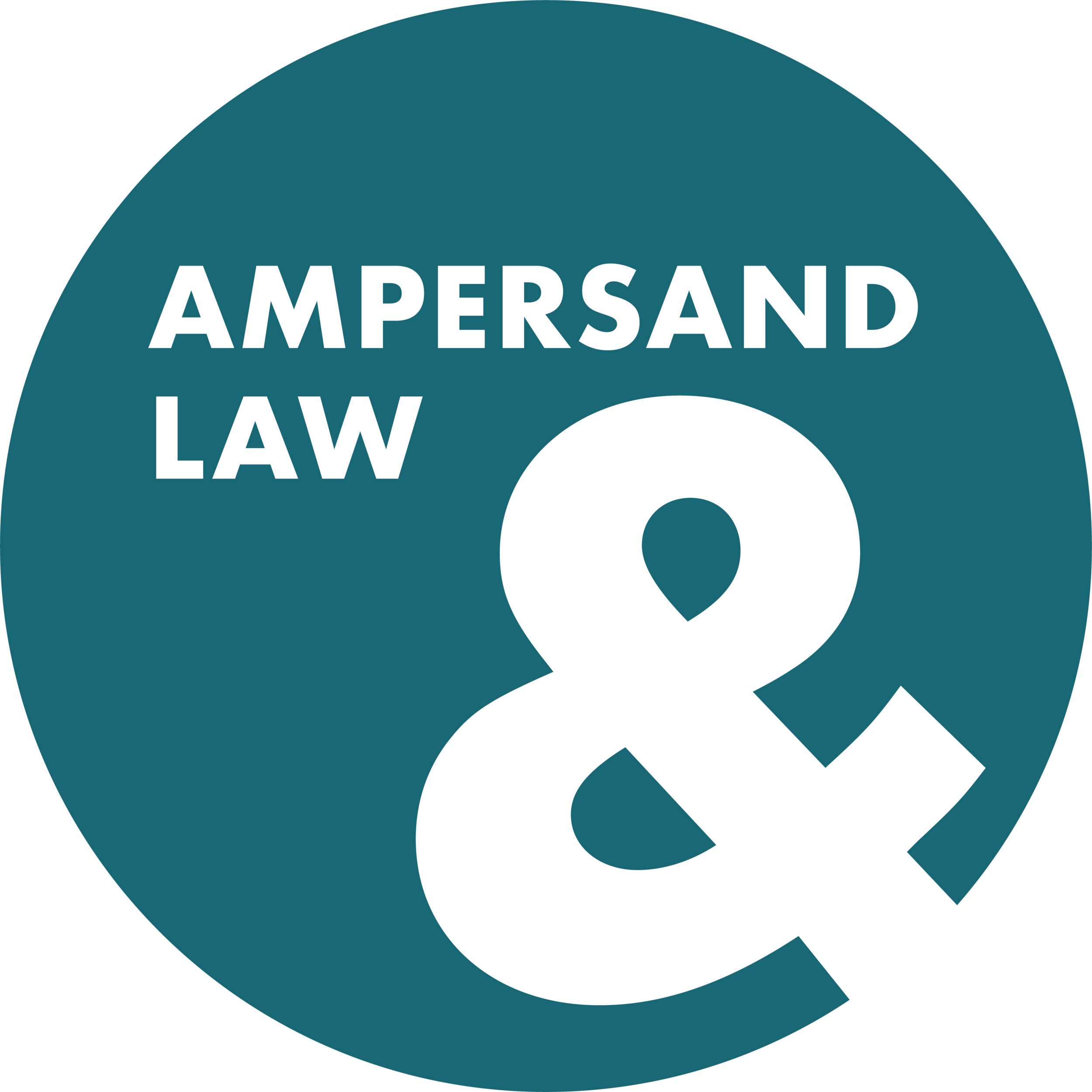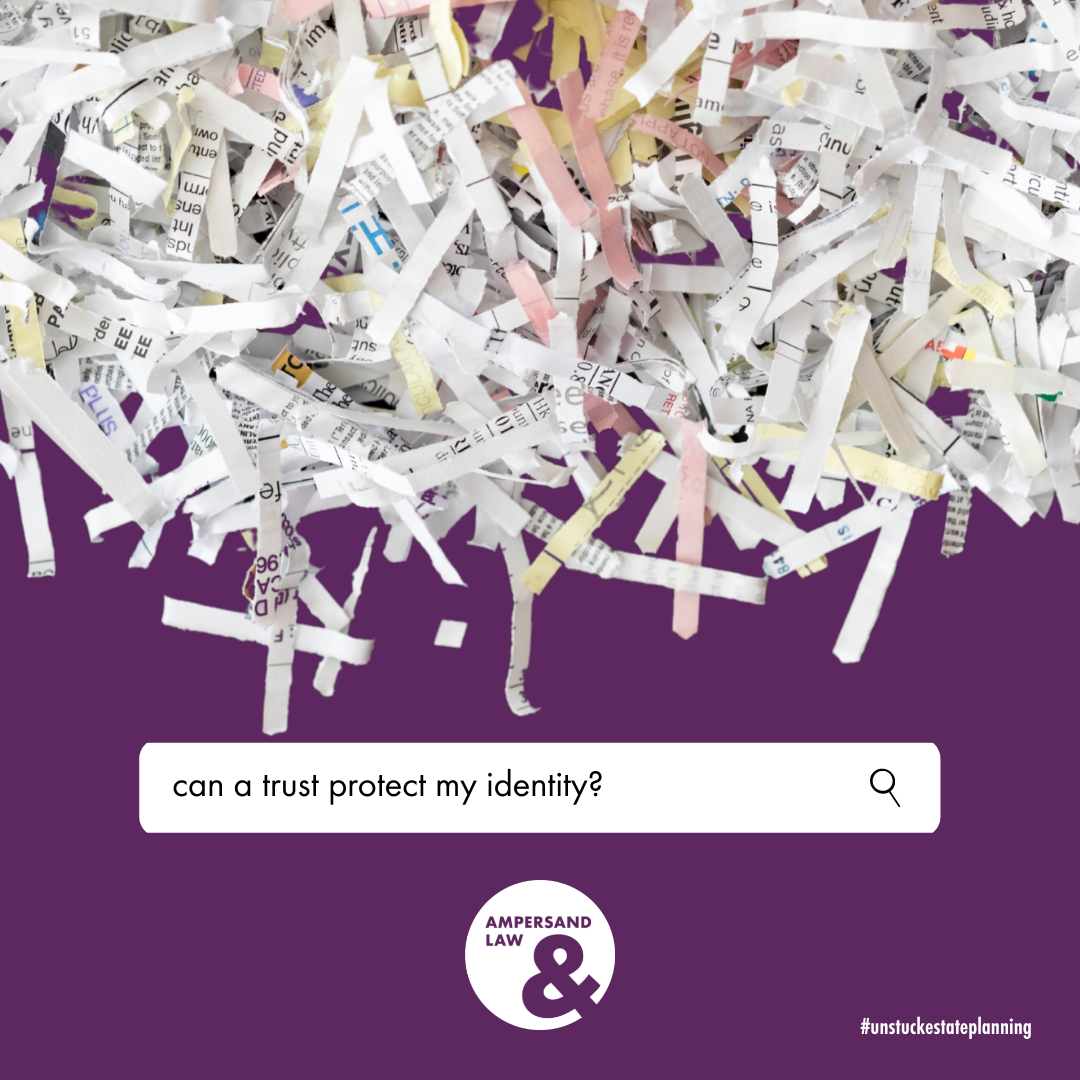Even if you have an up-to-date Will and organize everything so your Executor has a clear map of your estate, they can still have a long to-do list. Keep reading to get a full picture of an Executor’s to-do list.
Read MoreCan a Trust protect your identity? Let's say you win the lottery. Or you're a celebrity or have a high-profile job (like a politician, a judge, and/or a law enforcement officer). Perhaps you've got a lot of debt. Or maybe you're just a really private person. Whatever the reason, you want to disconnect your name from property that you own. So, can a Trust help you do that? The quick answer is probably not. Keep reading. The longer answer involves three primary considerations.
Read MoreFAQ: Is adding my adult children to my bank account(s) a good idea for estate planning?
Many clients wonder what to do about bank accounts for estate planning purposes. There are three (or four, see below) main options to consider:
Do nothing;
Designate a beneficiary for your bank account(s);
Add someone(s) else as owner(s) of your bank account(s); or
If you have a Revocable Living Trust, retitle the bank account(s) in the Trust's name.
The best option(s) for you may not be the best option for another person. And it might not be what your friend or family member did (or told you to do). Each option has pros and cons, and I always encourage clients to consider which option(s) meet their goals best. Keep reading for the basics on each option, along with some points of consideration.
Read MoreDo you want to ensure your minor children receive your life insurance proceeds if you die while they are young? Not confident about what to put on that beneficiary designation form? Technically, you have five options to consider. But in reality, only three of them function in ways that make sense when thinking about what your children will need if you’ve died and they are still young.
Read MoreFAQ: What happens to debt at death?
If you die with debt, those debts generally become the responsibility of your estate. Keep reading for all the info.
Read MoreQUESTION: Single people don't need wills, right?
ANSWER: It depends on what you want to happen to your property when you die AND what types of property you own at your death.
Read MoreA Durable General Power of Attorney is a crucial estate planning tool. Having one in place is immensely helpful if/when you need assistance managing your affairs. Keep reading to find out four key things about this document. #UnstuckEstatePlanning #AmpersandLaw
Read MoreDo yourself (and your future Executor) a favor by reading this blog post. Find out: (1) Who is an Executor? (2) What does an Executor do - generally and specifically? (3) How long does an Executor’s job last? (4) Does an Executor get paid?
Read More








